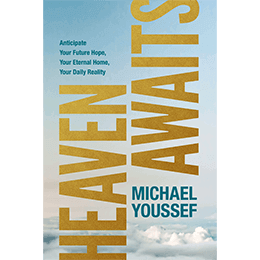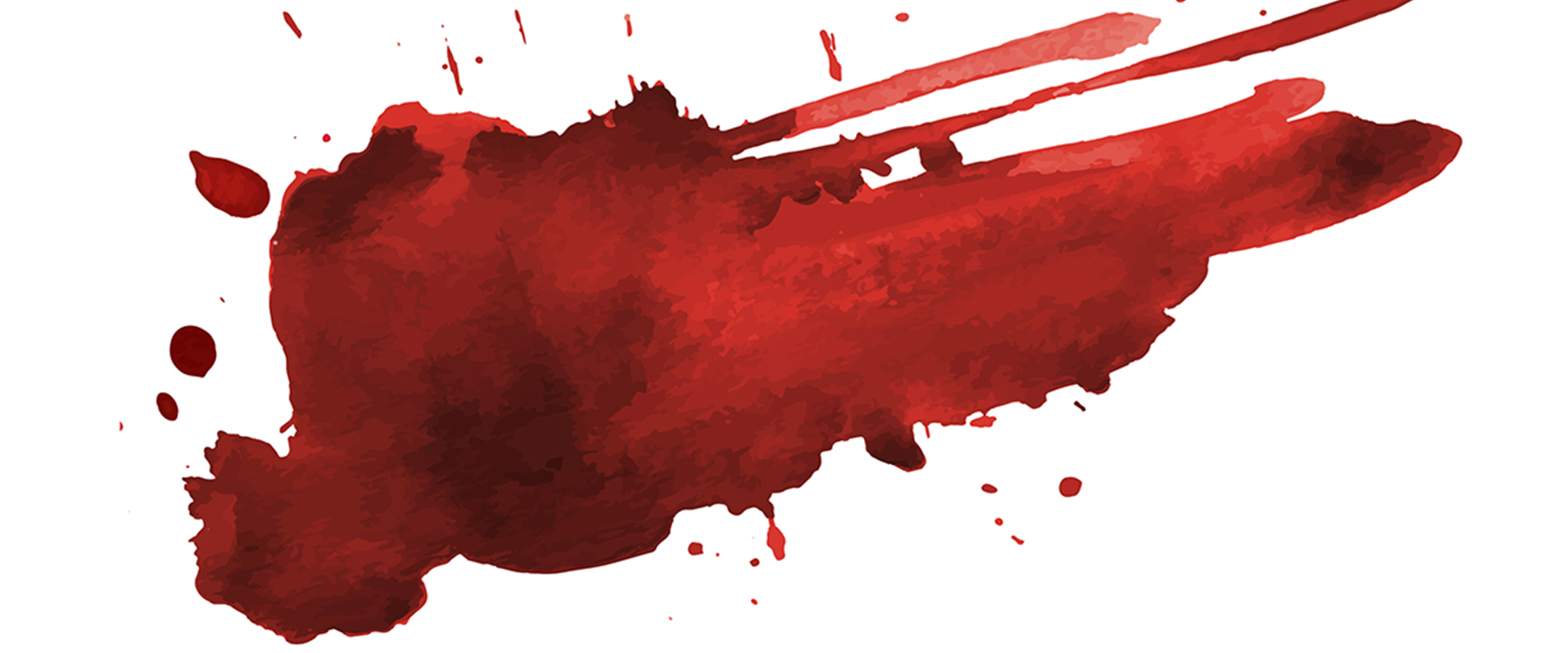
When sin shattered the peace of the Garden of Eden, the consequences were dramatic. Lifeblood was shed for the very first time. God's most precious creation—mankind—was exiled from paradise. In the face of such a tragic fallout, we might ask, "Why couldn't God just forgive Adam and Eve? Why did God have to slay an animal? Couldn't He have snapped His fingers and produced silk robes to cover their nakedness?" When we ask this question, it demonstrates that we have not rightly grasped the enormity, the true wickedness, of sin.

On the cross, God did not just find a solution for our spiritual debt—He became the solution.
THE WAGES OF SIN IS DEATH
From the very beginning, God instituted the shedding of innocent blood as a covering for sin (see Genesis 3:21, 4:4; Hebrews 9:18-26). He did it as a foreshadowing of the ultimate sacrifice that would take away the sins of the world: the death of the Son of God on the cross. When God provided for Adam and Eve through the death of an animal, He wanted them to know and to teach the next generation:
That's why, from Abel to Abraham to Moses to the time of Jesus' earthly ministry, animal sacrifices were offered. Innocent blood was shed constantly to demonstrate the colossal affront that sin is to God. For, when sin is trivialized, the cross is minimized. And God cannot minimize sin or the incomprehensibly gracious gift of His own Son.
We see these examples of animal sacrifice over and over again in Scripture as generations passed down to their descendants the hope of Christ's ultimate sacrifice:
ADAM taught subsequent generations—all the way to Lamech, Noah's father—that innocent blood must be shed for guilty sinners (see Genesis 4:3-5; 5:1-32).
NOAH taught this foreshadowing of the cross all the way to Abraham (see Genesis 8:20-21).
ABRAHAM looked in faith and saw the day of Christ (see John 8:56), prophesying to Isaac, "God himself will provide the lamb" (Genesis 22:8).
GOD retaught the descendants of Jacob, the people of Israel, the importance of sacrifice as a foreshadowing of the cross by establishing the Passover (see Exodus 12).
JESUS also celebrated the Passover 1,400 years later—and ultimately fulfilled it through His death on the cross (see Matthew 26:17-30; 1 Corinthians 5:7; 1 Peter 1:18-19).
THE END OF THE SACRIFICIAL SYSTEM
On my very first trip to Israel, I realized, as I sat across from the Temple, that God had ordained its utter destruction in 70 AD so that no sacrifices could be performed, as though to say, "Because My Son shed His precious blood on the cross, animal sacrifice is no longer acceptable to Me." Not only that, but in His sovereignty, God permits a radical people to control that mount, preventing the restoration of animal sacrifices. For, the cross was not just an afterthought, but God's plan for redemption from the very beginning.
On the cross, God did not just find a solution for our spiritual debt—He became the solution. He did the paying. The Father delivered His own Son out of His great love (see Romans 8:32-39). Jesus willingly and voluntarily bore the cross to secure eternal salvation for everyone who would receive Him as their only Savior and Lord. He was the only one who could. Only Jesus, the eternal, sinless Son of God, could atone for the sins of the whole world. Therefore, in the greatest act of love the world has ever known, the spotless Lamb of God was slain. By the power of His indelible blood, Jesus permanently and eternally removed sin and guilt—yours and mine. By the power of His priceless blood, He has clothed His people with His righteousness forever.
Related Content